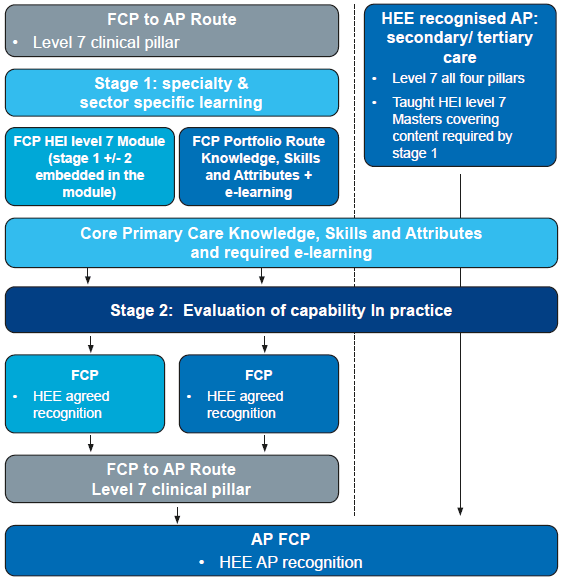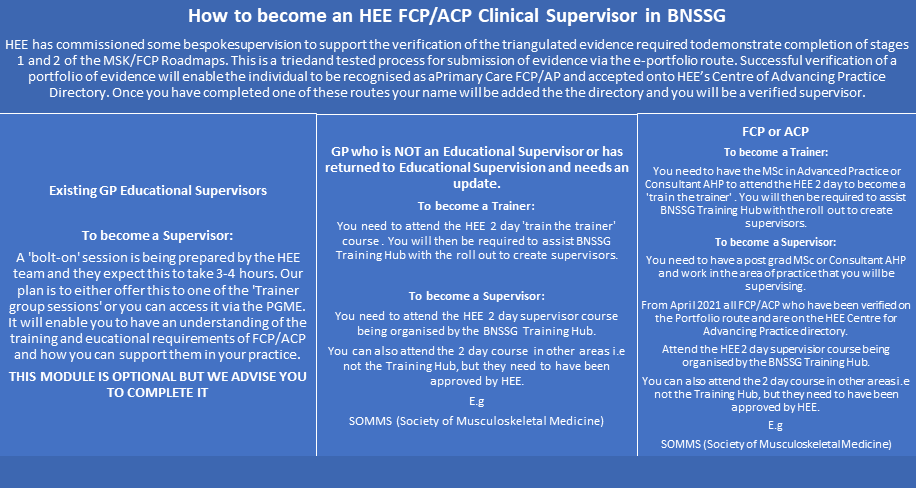What are first contact paramedics?
First contact paramedics are autonomous, diagnostic clinicians with experience in handling undifferentiated and unpredictable cases; conducting an array of clinical assessment, diagnostic, and treatment activities; and directing and signposting care. They are at the top of their clinical scope of practice at Agenda for Change Band 7 (A Roadmap to Practice, see below).
As generalists, they can effectively use the medical / biopsychosocial model to assess, examine, treat, and manage patients of all ages, with a variety of undifferentiated and chronic conditions. Their work can involve triaging patients, carrying out telephone and face-to-face consultations, and conducting home visits. They refer patients to GPs for the management of presentations and pharmacology outside their scope of practice.
For more information, please read HEE’s A Roadmap to Practice and the College of Paramedics’ Employers’ Guide: Paramedics in Primary and Urgent Care.



